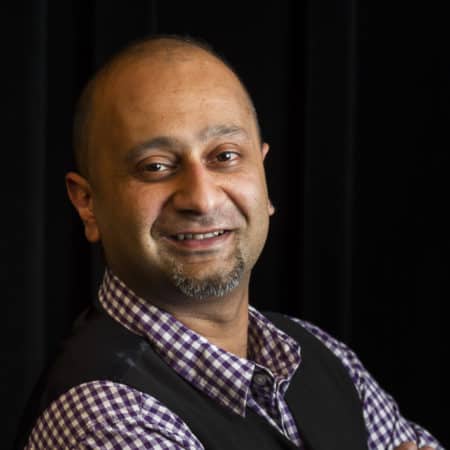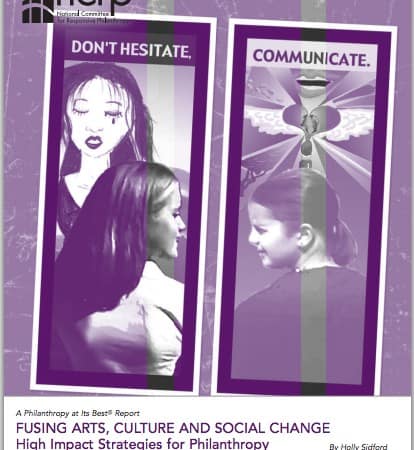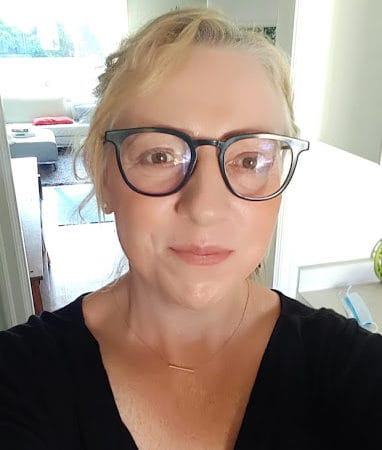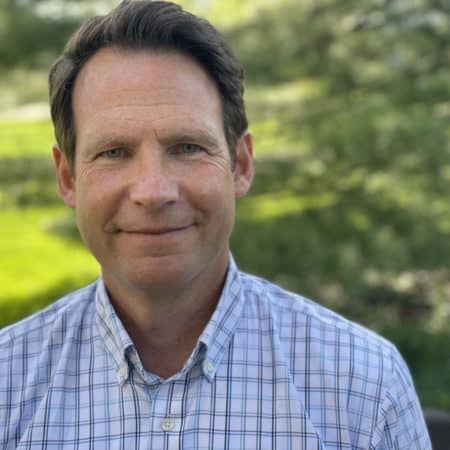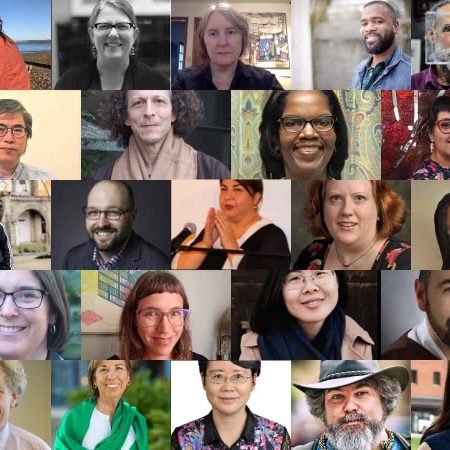A familiarity with several key words and phrases will help you understand the landscape of public policy around your issue and communicate effectively about the issue with legislators. Key Legislative Terms Source: National Association of Secondary School Principals (NASSP) Appropriations Bill A
Resources
Collecting Memories: Oral Histories of American Folklorists is a joint project of the American Folklore Society, including its Archives and Libraries and History and Folklore sections, and Utah State University’s Special Collections and Archives. The project is an effort to preserve and disseminate the voices
The Society completed work on a contract from the American Folklife Center at the Library of Congress to conduct a seven-month survey of existing archival collections of oral histories of participants in the Civil Rights Movement in the US during the 1950s
Kiran Singh Sirah is a folklorist, poet and president of the International Storytelling Center. He heads the National Storytelling Festival in Jonesborough, Tennessee—the oldest festival of its kind in the world and a driving force behind the renaissance in storytelling. Kiran talks
Writing to your legislator can be an effective way of drawing attention to an urgent issue. E-mail is now the most efficient and inexpensive way to do this, and it eliminates the delays of traditional mail. In some cases, an in-person letter-writing
In 2020, folklorist Tim Tangherlini and his collaborators published an article on how narrative frameworks could help people distinguish between conspiracy theories and real conspiracies. Within months, his research was being written about and talked about by the BBC, Ars Technica, Axios,
Here is an example of creating additional funding for underserved audiences by the Committee on Responsive Philanthropy. Their campaign, Philanthropy’s Promise, has persuaded over 100 funders to designate at least half of their grant dollars for underserved communities. http://www.ncrp.org/philanthropys-promise This effort developed
Amber Ridington is an independent folklorist with a specialty in digital humanities based in Vancouver, BC. In this case study, she describes her work with First Nations communities and the many strategies she has developed to advocate for ethical approaches to fieldwork,
Tom Mould describes the creation of a collaborative research project that brought community members, program leaders, and students together to study the personal experience narratives and legends about poverty and welfare in the U.S.
Academic journals rely on financial commitments from universities in order to be viable since they do not generate enough revenue to support themselves. In 2019, the folklore faculty at George Mason University (GMU) applied to serve as the editorial team for the
Suggest a resource
Have a resource you think might be helpful to your fellow folklorists or cultural workers? Share it with us!

